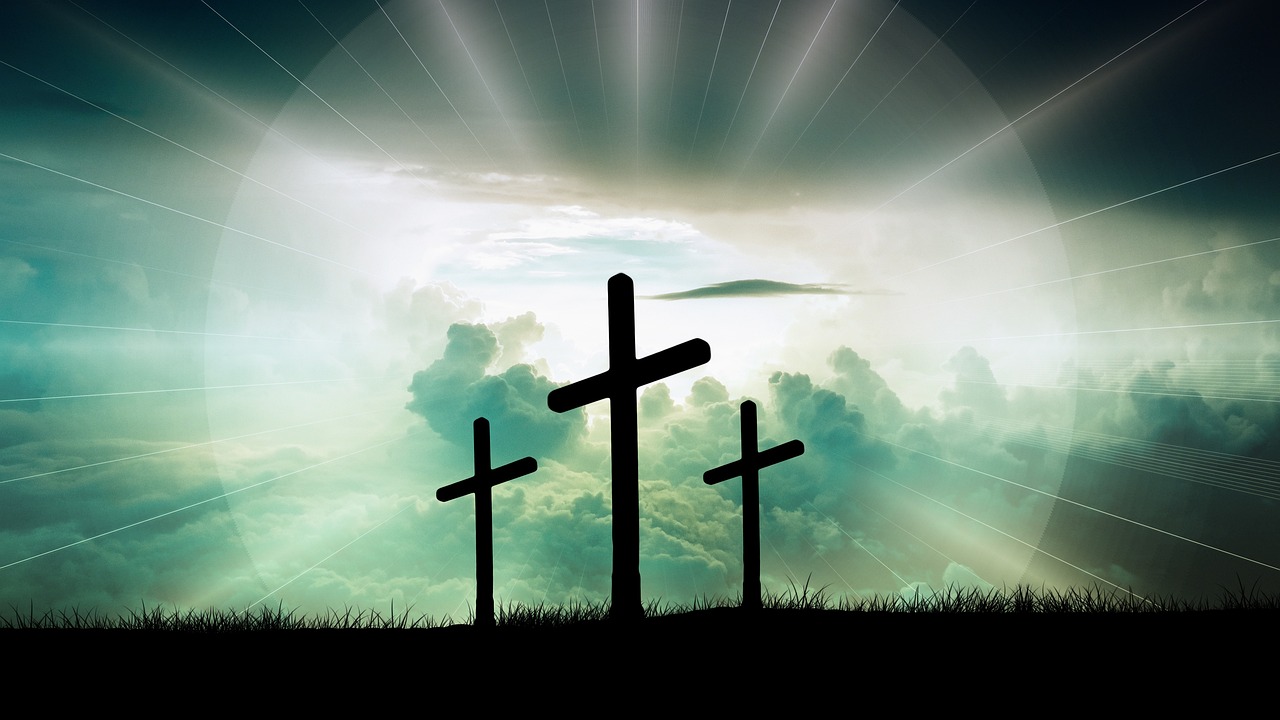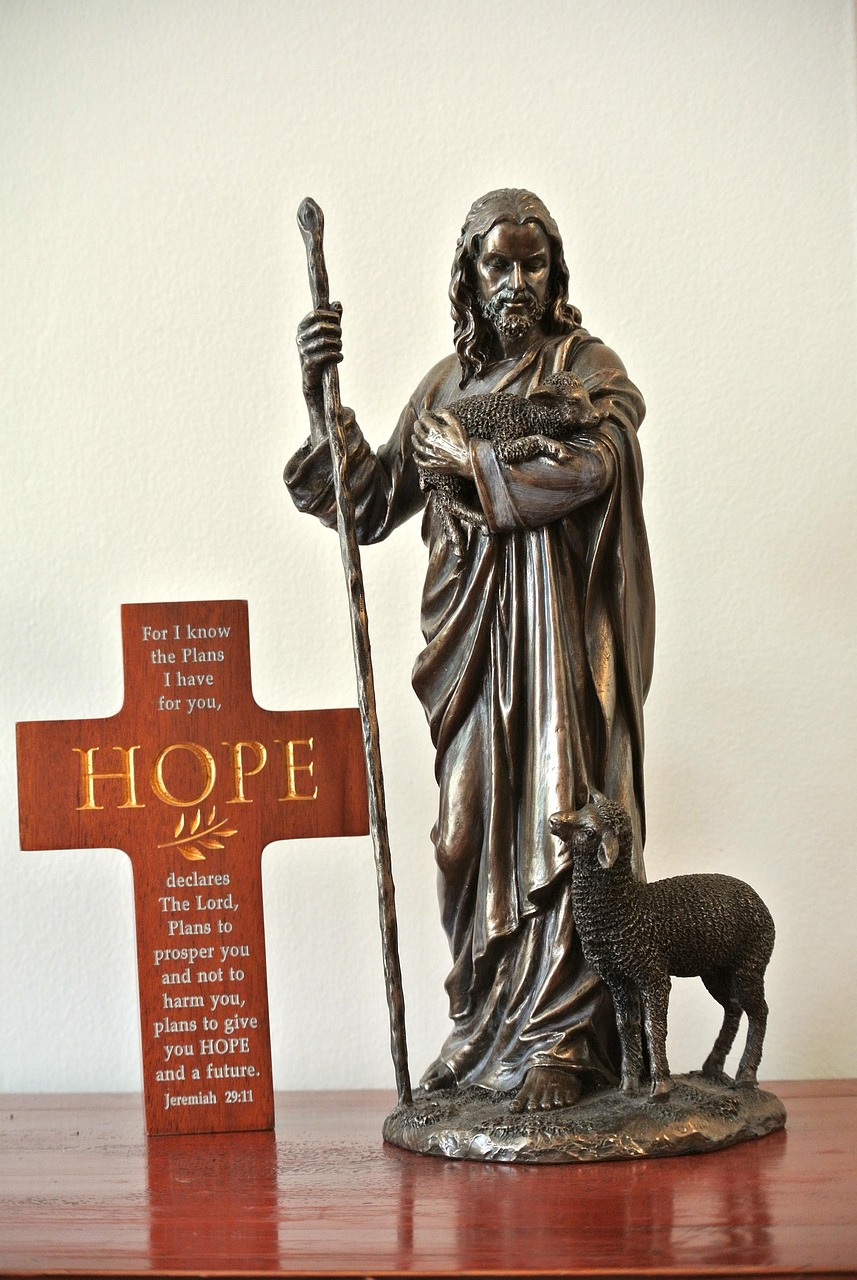Easter is one of the most significant holidays in Christian tradition, celebrated worldwide with a blend of religious reverence and festive joy. It marks the resurrection of Jesus Christ, a pivotal event in Christian theology, symbolizing hope, renewal, and eternal life. For many, Easter is a time of reflection, prayer, and gratitude for the resurrection. Yet, over time, it has also evolved into a cultural holiday, celebrated with family gatherings, festive meals, and an abundance of symbols like eggs, bunnies, and springtime flowers. Whether observed with religious devotion or simply enjoyed as a seasonal celebration, Easter remains a time to renew connections, both spiritual and familial.
The Religious Significance of Easter
At its core, Easter is about the resurrection of Jesus Christ. According to the New Testament of the Bible, Jesus was crucified on Good Friday, died for the sins of humanity, and was buried. Three days later, on Easter Sunday, Christians believe that He rose from the dead, conquering death and offering the promise of eternal life to those who believe in Him. This event is the cornerstone of the Christian faith, representing victory over sin, death, and suffering.
The events surrounding Easter are preceded by a period of solemn observance known as Lent, which lasts for 40 days. During this time, Christians engage in fasting, prayer, and penance to prepare spiritually for the joy of Easter. The final days of Lent culminate in Holy Week, which includes Good Friday, the day of Christ’s crucifixion, and Easter Sunday, the day of His resurrection.

Easter is not just a celebration of Christ’s resurrection but also an affirmation of the hope that it brings. For Christians, it offers the promise of new life, both in the here and now, through the love of Christ, and in the afterlife. It is a powerful reminder that no matter how difficult life may seem, there is always the possibility of renewal and redemption.
Easter Traditions Around the World
Easter is celebrated differently across the globe, but certain traditions have transcended national borders and have become universally recognized symbols of the holiday. The Easter egg is one of the most prominent symbols, representing new life and the empty tomb of Jesus. The custom of decorating eggs has roots in early Christianity, and eggs were traditionally forbidden during Lent, so people would boil or decorate them to have something to eat when Easter arrived.
In many countries, children eagerly await the arrival of the Easter Bunny, a mythical creature that delivers eggs filled with candy. This tradition is especially prevalent in the United States, the UK, and parts of Europe. The Easter Bunny is often portrayed as a symbol of fertility and new life, connecting with the themes of rebirth and spring.

In other parts of the world, Easter is marked with solemn processions, particularly in Spain and Latin America. In countries like Italy, Portugal, and Mexico, religious parades and reenactments of Christ’s passion and resurrection fill the streets. These processions are often accompanied by traditional music, candles, and vibrant costumes.
In Eastern Orthodox Christianity, Easter is celebrated with a distinctive approach. Known as Pascha, the Orthodox Easter is often observed with a midnight church service, followed by a feast. The Orthodox tradition also includes the practice of dyeing eggs red, symbolizing the blood of Christ, and breaking the eggs as a sign of the resurrection.
In Australia, Easter is celebrated with a blend of religious services, family gatherings, and large community events. Interestingly, the Easter Bunny in Australia is often depicted as an Easter Bilby, a native marsupial that is a symbol of conservation efforts, adding an environmental twist to the holiday.
Easter as a Family Celebration
Beyond its religious significance, Easter has become a cherished time for family and community gatherings. For many, it is an opportunity to reconnect with loved ones and enjoy the arrival of spring. Families often come together for festive meals, which may include traditional dishes such as ham, lamb, hot cross buns, or Easter bread. These meals are enjoyed in the spirit of togetherness, with the joy of good food and company taking center stage.
An Easter egg hunt is another popular activity for families, particularly with children. In this activity, Easter eggs (often filled with candy or small toys) are hidden around the house or yard for children to find. The egg hunt has become a beloved tradition in many households, providing hours of entertainment and creating lasting memories for children and parents alike.
The Easter season also marks the start of spring in the Northern Hemisphere, bringing a sense of renewal and vitality. Flowers like lilies, tulips, and daffodils are often associated with the holiday, adding to the celebratory atmosphere. Many people also take advantage of the holiday weekend to enjoy outdoor activities, such as picnics, walks in nature, or time spent with friends and family.
Commercialization of Easter
While Easter remains a deeply spiritual occasion for many, it has also become a highly commercialized holiday, particularly in the United States and other Western countries. Retailers capitalize on the demand for Easter-related products, including chocolate eggs, Easter baskets, and decorations. The Easter Bunny, as well as the tradition of Easter egg hunts, have become central to the secular celebrations surrounding the holiday.
This commercialization, however, does not detract from the true meaning of Easter for most people. Instead, it highlights the blending of spiritual and cultural traditions that characterize the holiday. For many, Easter is a time to celebrate the renewal of life, not just in a religious sense, but also in terms of the natural world and human connections.

Conclusion
Easter is a holiday rich with meaning, tradition, and joy. Whether it is celebrated through prayer and worship, or with family gatherings and festive meals, Easter provides an opportunity to reflect on the themes of renewal, hope, and love. For Christians, it is a time to celebrate the resurrection of Jesus Christ, while for many others, it is a time to welcome spring, enjoy family time, and partake in beloved customs. No matter how it is celebrated, Easter remains a universal symbol of new beginnings and the promise of life after death.
